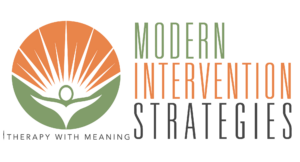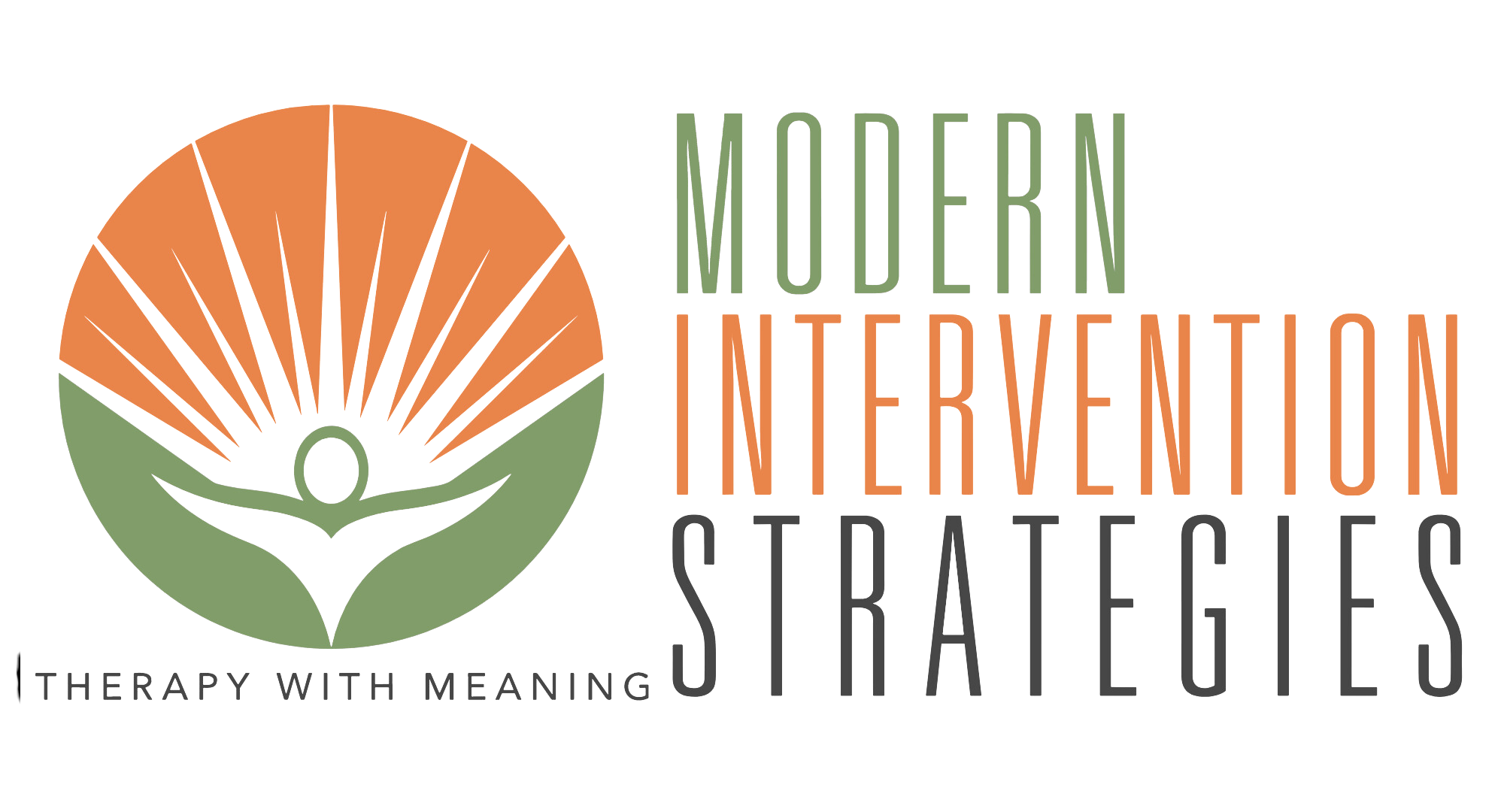Strengthen Your Family Bonds While Excelling at Work
Family Therapy Isn’t Just for “Other Families”—It’s for Yours, Too
Even strong families feel the strain when work demands everything.
When you’re drained from juggling deadlines and expectations, being present at home is hard. Conversations feel strained. Disconnection grows. And suddenly, the people you love most feel the farthest away.
Family therapy isn’t about fixing what’s broken.
It’s about strengthening what matters most.
We help busy professionals and their families:
- Understand each other more deeply
- Communicate with clarity and care
- Reconnect in ways that truly last
Because when your home feels steady, everything else gets easier to carry.
Let’s rebuild connection—together.


Family Therapy Creates Space for Real Connection
Modern Intervention Strategies offers practical family therapy for busy professionals managing career stress and home life.
We get it. You’re juggling a lot. Whether you snap at your partner after a long day, feel overwhelmed by your child’s outburst, or struggle to be fully present at home, these moments add up.
Family therapy helps you understand the “why” behind the tension and gives you tools to respond with clarity, compassion, and emotional strength.
Together, we help your family:
- Communicate more clearly
- Understand each other’s perspective
- Build a foundation that holds today and long-term
You don’t have to carry the pressure alone.
Let’s build stronger connections, one honest conversation at a time.
Reconnect at Home: Family Therapy for Professionals
Work stress doesn’t clock out when you do. It can quietly create distance, tension, and emotional walls with the people who matter most.
Family therapy gives you the tools to reconnect without guilt, confusion, or overwhelm.
Through therapy, you’ll learn how to:
- Rebuild connection after emotional disconnection
- Communicate with more clarity, empathy, and presence
- Create a home life that matches your ambition, not competes with it
Because success shouldn’t cost your relationships.
You can thrive at work and feel deeply connected at home.

Strengthen Your Family with Therapy That Fits Your Life
We use proven methods, like CBT, mindfulness, and Family Systems Therapy, tailored to the real pressures professionals and their families face.
This isn’t just about stress relief. It’s about real, lasting change that helps your family feel more connected, supported, and resilient. This isn’t about blame or fixing what’s “broken.”
It’s about building a foundation that holds you through every season of life.
Family therapy helps you:

Communicate Better
Speak, listen fully, and understand each other deeply.

Resolve Conflict
Work through tension in ways that heal, not divide.

Strengthened Bonds
Rebuild trust, emotional safety, and a deep sense of support between family members.

Create Balance
Align career demands with strong, supportive relationships at home.
Types of Family Therapy
Depression isn’t one-size-fits-all. Professionals may experience different types, each with unique symptoms. Recognizing these can help you find the right treatment.
Structural Family Therapy
Think of this as setting the family “rules.” If your family struggles with unclear boundaries or power struggles, this approach helps redefine roles and create healthier ways to communicate.
Strategic Family Therapy
Sometimes, you need a game plan. This is a more hands-on approach where the therapist gives you practical steps to tackle specific problems, like constant arguments or a child acting out.
Family Systems Therapy
Your family is a unit where everyone affects everyone else. This model helps you see how each person’s actions impact the whole family. It’s all about understanding and finding better ways to support each other.
Family Therapy vs. Couples Therapy
Family therapy involves everyone, (parents, kids, others) to address family-wide issues. Couples therapy focuses just on the relationship between partners. Different focus, different goals.
How to recognize signs of family strain in busy professionals
- Constant Tension at Home: If every conversation feels like a potential argument, it might be more than just stress.
- Emotional Distance: Feeling disconnected from your partner or kids? This could signal unresolved conflicts or growing resentment.
- Work Overload as an Escape: When staying late at work feels easier than being at home, it’s a red flag.
- Changes in Kids’ Behavior: Acting out, withdrawal, or even academic struggles can be signs of family tension.
- Frequent Anxiety or Irritability: High-stress jobs can spill over, creating a home environment full of frustration and anxiety.
When and How to Seek Help for Family Therapy
If you’re finding it hard to keep your head above water, it might be time to get some help. Depression doesn’t just go away on its own, and it’s okay to admit that things aren’t fine.
Know When to Reach Out
- Ongoing Conflicts: Arguments are happening more often, and resolutions feel impossible.
- Emotional Exhaustion: You or your partner feel drained, disconnected, or numb.
- Avoidance: You notice yourself avoiding home or certain family members to keep the peace.
- Negative Impact on Kids: The children are showing signs of distress—acting out, becoming withdrawn, or struggling at school.
- Persistent Anxiety or Stress: The home environment feels tense and unwelcoming, adding to your stress.
Who Can Help you to handle depression?
- Licensed Marriage and Family Therapists (LMFTs): Trained to work with all family dynamics, helping to rebuild communication and trust.
- Family Counselors: Focused on understanding patterns and helping families develop healthier interactions.
- Support Groups for Families: A safe space to share experiences and learn from others facing similar struggles.
- Online Family Therapy Services: Convenient for busy professionals, offering flexible sessions without the need to travel.
- Coaches Specializing in Work-Life Balance: Provide strategies to manage both work stress and family challenges effectively.
Don’t wait until things feel unmanageable. Reach out to the right support, and take back control of your family’s well-being.
Explore More Resources to Strengthen Your Family Life
Whether you’re curious about different family therapy models like strategic family therapy or structural family therapy, or you’re wondering about the benefits of joining support groups for families of addicts, there’s a wealth of information that can help you make informed decisions.
If you’re considering how online family therapy could fit into your busy life, or if you’re thinking about becoming a Licensed Marriage and Family Therapist (LMFT) yourself to make a difference for other families, we’ve got you covered. And if you’re noticing signs like increased conflict, emotional distance, or anxiety creeping in, now might be the time to explore when and how to seek help.
Don’t let these moments pass by. Dive deeper into how family systems therapy or even marriage and family therapy master’s programs could benefit you and your loved ones. Start reading our articles on long-term strategies to manage family challenges, co-occurring disorders, and more. Remember, every small step you take can lead to stronger, healthier relationships at home.
Explore More About Family Therapy and Coping with Family Strain – because understanding your options is the first step toward creating a better future for you and your family. We’re here to guide you. Let’s get started!





